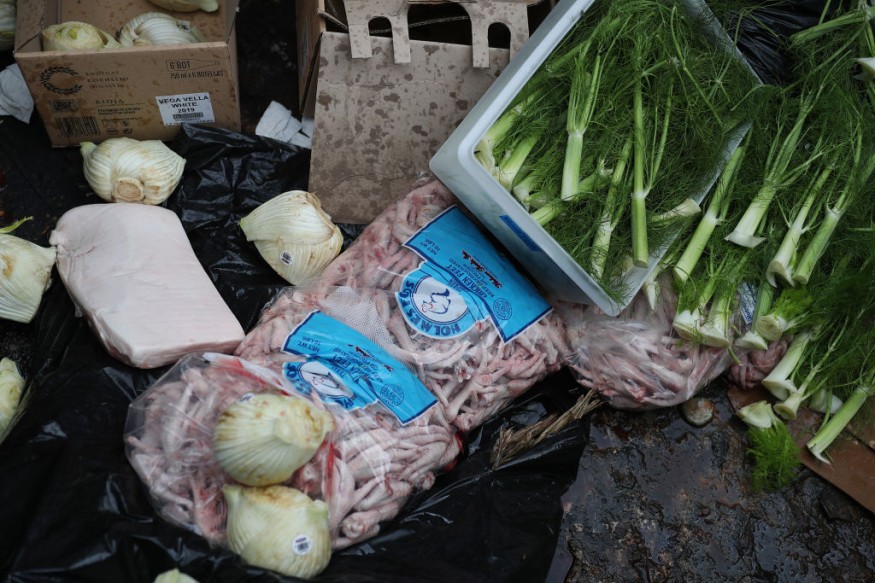Scrolling through your phones, you may come across a video of someone eating a sumptuous feast.
Some of the videos may contain Autonomous Sensory Meridian Response (ASMR), which according to the NPR are videos created to stimulate pleasing, and tingling sensations in the brains of some viewers by focusing on specific sounds like crinkling, chopping, and stirring. And in mukbang videos, slurping, chewing, and crunching stimulates some of the viewers' brain.
Mukbangs are famous worldwide, but not for Chinese people in Guangdong Southern China, as the whole province makes it illegal for online streamers to make binge-eating and mukbang content.
Mukbang as Illegal Content
China Global Television Network (CGTN) reported that the announcement of the online content's illegality was anchored on China's campaign against food waste and promote frugality or thrift among their constituents.
Ex Bulletin noted that in recent months, various social media platform existing in China had given their pledges regarding the restriction and distribution of videos in which participants or the content creators themselves rapidly eat and consume their food in a short amount of time.
Radii added that although the country's campaign did not mention banning mukbangs, the trend received an enormous amount of criticism from the authorities.
China's largest short-video and social video platforms, including Douyin, shared to CGTN that they will be punishing users caught wasting food in their broadcasts or streams.
Another Chinese social media platform, Weibo, also gave their pledge to restrict the streaming of videos where food is eaten under a time constraint.
Yes, please. It's a horrible antic that's only for show. It's wasteful and it doesn't contribute to anything except obesity.
— Mike Tang 鄧邁克 🍉🔻 (@toxxygen) December 1, 2020
According to Radii, the binge-eating content mukbang is one of the fastest online video genres, garnering 24.8 billion views on Douyin. A netizen expressed his sympathy for the implementation, saying that making videos do not contribute to anything except obesity.
READ ALSO: The Unspoken Dangers of the Mukbang Craze
China's Clean Plate Campaign

CGTN reported that earlier in the year, Chinese President Xi Jin Ping announced the campaign "Clean Plate," where he addressed officials and government authorities to stop food-wasting immediately.
With the recent decision, Radii noted that the performers or the content creators of mukbang videos careers are at risk since various social media platforms in China pledges to restrict such content on their platforms. The mandate's scope does not only apply to content creators but also diners in the country.
Hunter College New York City Food Policy Center shared that many restaurants in the region now offer half-portions to discourage diners from ordering so much food more than what they can eat and offer to take away boxes to take leftovers at home.
Time Out mentioned a 2018 study that demonstrates 11 percent of food from 336 restaurants located in Beijing, Shanghai, Chengdu, and Lhasa have nearly 100 grams of food waste for every customer. The study added that the figures indicate 11 percent of food going directly in the trash bins.
Takeaway
Eating is an essential part of human activities as it gives nutrients and energy for you to be active. However, food wastes should not be acceptable in a world where there are domains in that food is considered a luxury.
Mukbangs can give enjoyment and fun. But the waste on the inner working of the content might be fixed by the implementation of a mandate like Guangdong did.









